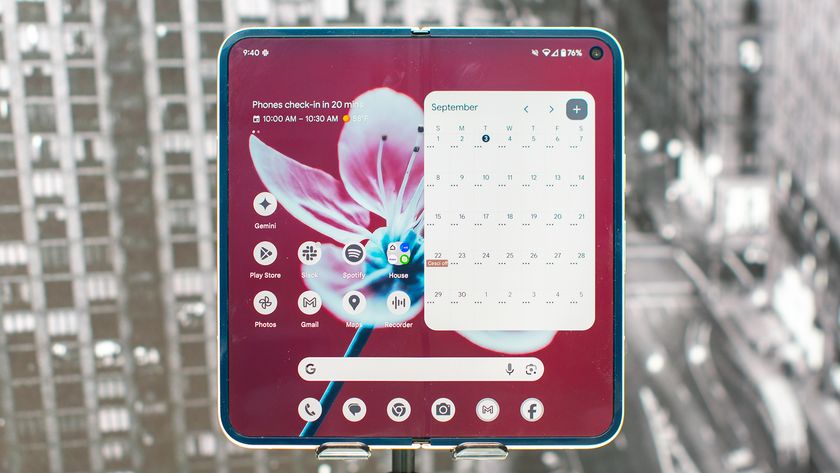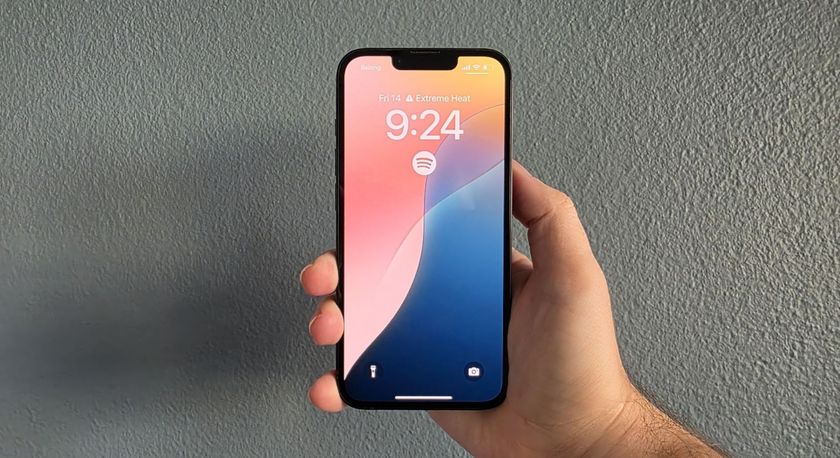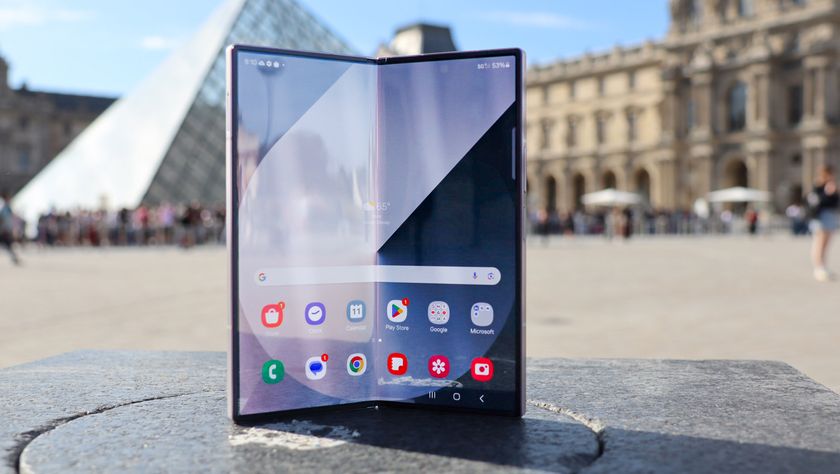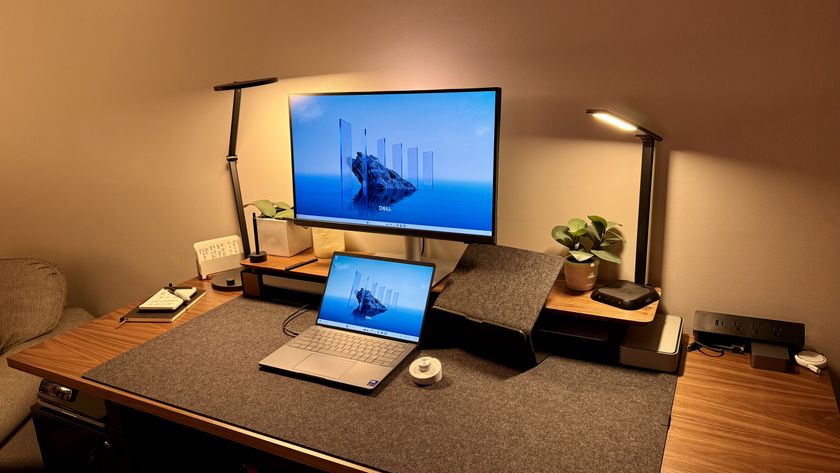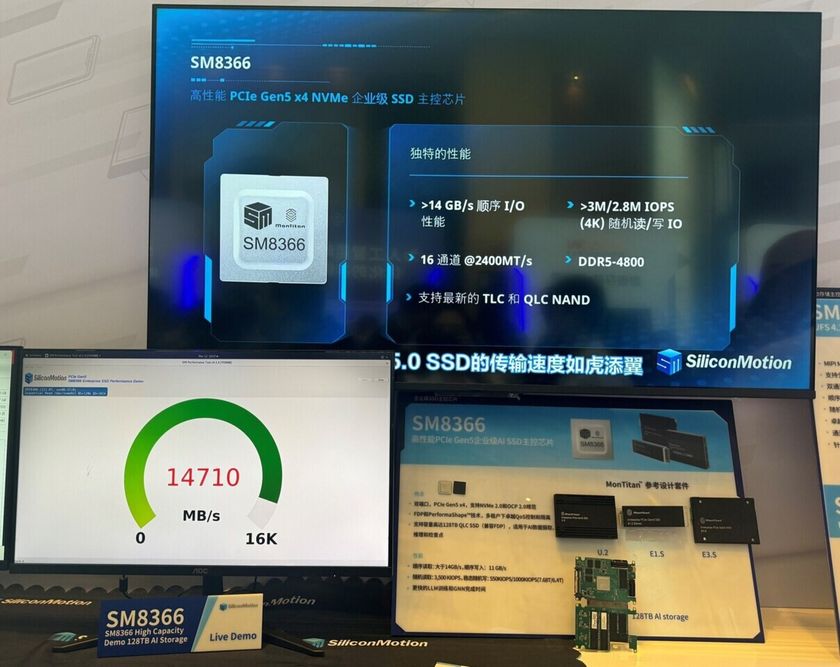New technology could double smartphone battery life
Making smartphones more efficient

While tremendous advances are being made in smartphone hardware, each new technology is still at the mercy of the phone's battery, a power source that can be maddeningly inefficient.
Batteries aren't going away any time soon, but a team of researchers at Massachusetts-based startup Eta Devices have reportedly found a way to reduce battery consumption by half.
One of the most wasteful power drains on a smartphone battery is the power amplifier, a chip used to convert electricity into radio signals and maintain handsets' connection to a wireless network.
Power amplifiers in smartphones waste approximately 65 percent of handsets' power and are what cause a smartphone to heat up when streaming video or uploading large files.
Eta Devices has redesigned the power amplifier using a technology called asymmetric multilevel outphasing.
The technology intelligently chooses the minimum voltage necessary to maintain a connection, updating as often as 20 million times per second to ensure the highest efficiency.
Battery blues
Eta Devices is currently developing its power amplifier technology for cellular base stations, which suffer similar power inefficiency problems, with the new chips getting put to use starting in 2013.
Get daily insight, inspiration and deals in your inbox
Sign up for breaking news, reviews, opinion, top tech deals, and more.
However, the startup firm has aspirations of creating a single power amplifier chip to revolutionize energy efficiency on smartphones.
With double the efficiency in the new power amplifiers, smartphone batteries would burn out half as fast.
What's more, it would also facilitate advances to make greater strides in CPU and display technology that would be impractical with the energy efficiency level of current devices.
After all, what good is any new hot piece of mobile tech if it needs to be tethered to an outlet after an hour?

